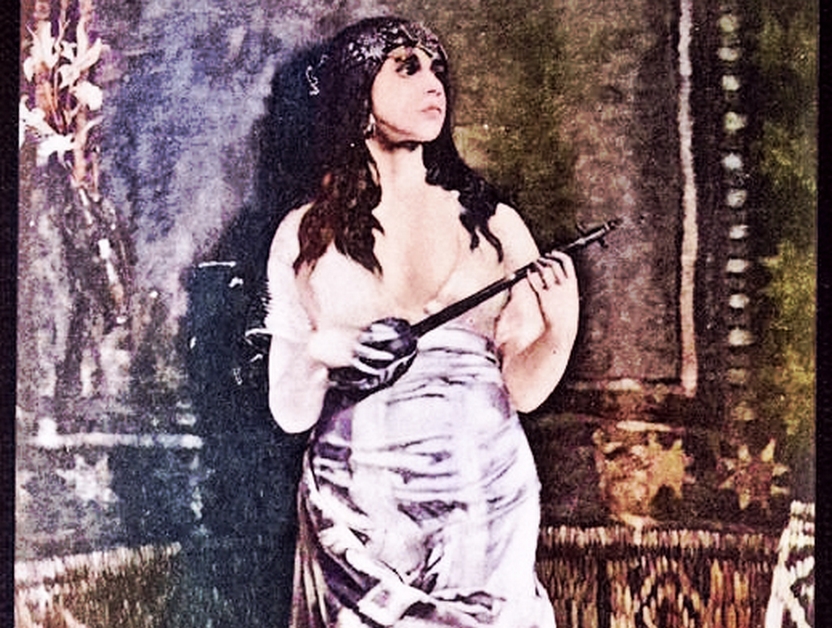German-speaking Swiss historian, diplomat and writer (Basel 1891-Geneva 1974), author of historical works (Richelieu, 1935-1967) and collections of memories.
Archive of Carl Jacob Burckhardt
Enlarge text Shrink text
| Title |
Archive of Carl Jacob Burckhardt |
|---|---|
| Additional Titles |
כותרת בעברית: ארכיון קרל יעקב בורקהארט. |
| Citation Note |
ARC. Ms. Var. 522 Carl Jacob Burckhardt archive, The Archives department, The National Library of Israel, Jerusalem. |
| Host Item |
Archive of Carl Jacob Burckhardt |
| Former Call Number |
Ms. Var. 522 |
| Level of Description |
Fonds Record |
| Biographical summary |
Carl Burckhardt was born in Basel on September 10, 1891 as the son of a lawyer. After studying history, he worked as an attaché at the Swiss embassy in Vienna, and developed a friendship with Hugo von Hofmannsthal. In 1923 he was appointed on behalf of the International Red Cross (IRK) to be responsible for looking after refugees and prisoners of war from the Greco-Turkish War. In 1929 he received the chair of history at the University of Zurich, and in 1932 also the professorship of history at the "Institut des Hautes Études Internationales" in Geneva. In 1935 he published the first volume of his main literary work, "Richelieu", the last three volumes were published 1965-1967. In 1937, Burckhardt was appointed by the League of Nations as High Commissioner for the Free State of Danzig, which was under League supervision since the Treaty of Versailles. The Republic of Poland was responsible for the Free State's foreign and defense policy, while the National Socialist German Workers' Party (NSDAP) had been in government since 1936. Burckhardt tried in vain to balance Polish and German interests, but in 1939 Adolf Hitler used the refusal to return Danzig to Germany as a reason for war and terminated the German-Polish non-aggression pact of 1934. After the end of the war, between 1945 to1948, Burckhardt became President of the International Committee of the Red Cross, and was responsible for the care of prisoners of war and civilian internees. During this time he was also Swiss envoy at the embassy in Paris. In 1954 he was awarded the Peace Prize of the German Book Trade. In 1956 he published Hofmannsthal's letters. In his 1960 story "My Danzig Mission 1937-39" he described his work in the pre-war period. Carl Burckhardt died in Vinzel (Canton of Vaud, Switzerland) on March 3, 1974. |
| Credits |
With Assistance from the Conference on Jewish Material Claims Against Germany. Supported by the Foundation Remembrance, Responsibility and Future and by the German Federal Ministry of Finance. בסיוע ועידת התביעות בחסות הקרן זכרון, אחריות ועתיד ובתמיכת משרד האוצר הפדרלי הגרמני. |
| National Library system number |
990028009200205171 |
When using this material, please acknowledge the source of the material as follows:
With Assistance from the Conference on Jewish Material Claims Against Germany. Supported by the Foundation Remembrance, Responsibility and Future and by the German Federal Ministry of Finance. בסיוע ועידת התביעות בחסות הקרן זכרון, אחריות ועתיד ובתמיכת משרד האוצר הפדרלי הגרמני.
תנאי השימוש:
Appropriate Conditions of Use Have Been Established for Every Archive File
The terms of use appear on the archival file page on the National Library website.
For more information about the copyright status inquiry service and terms of use for items from the Library’s collections, click here.
MARC RECORDS
Have more information? Found a mistake?

 Sign in with Google
Sign in with Google
 Sign in with Facebook
Sign in with Facebook





